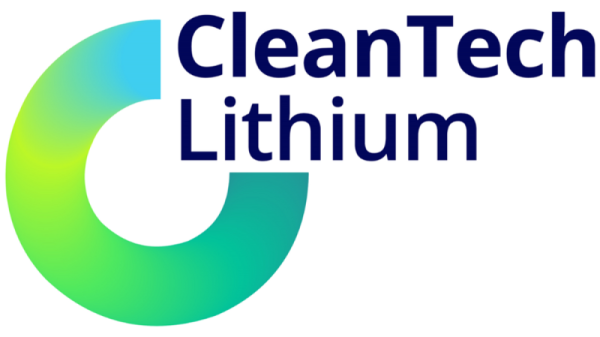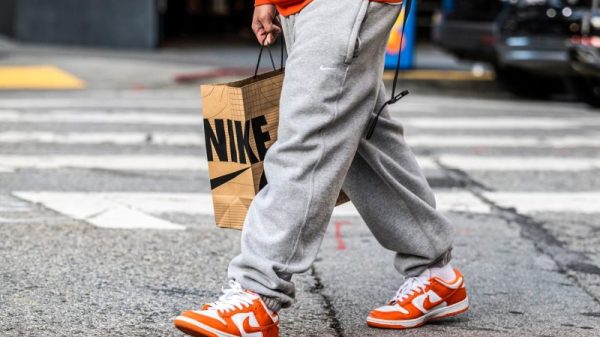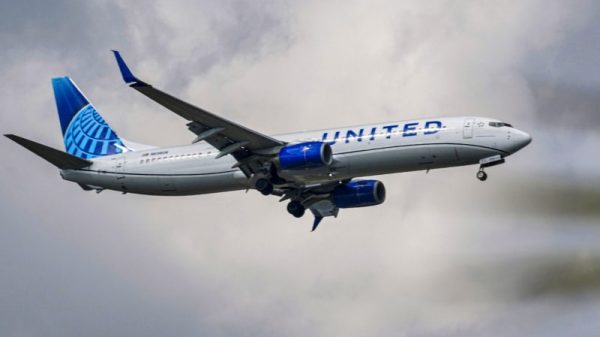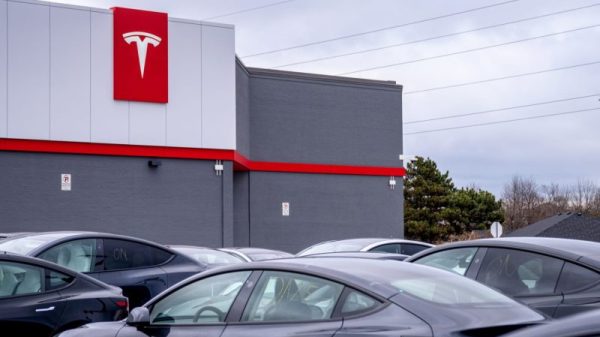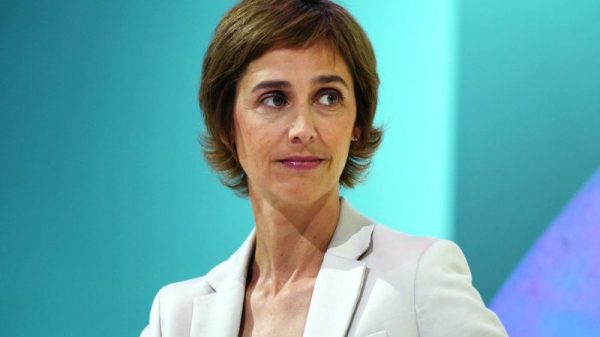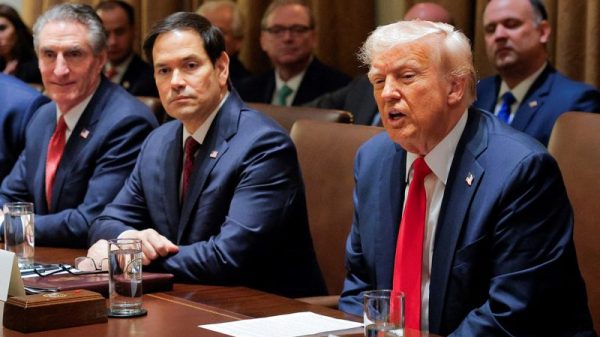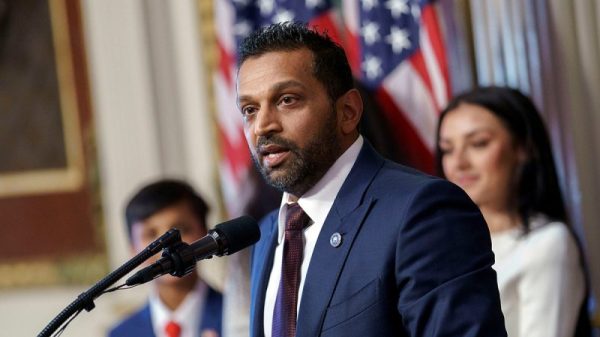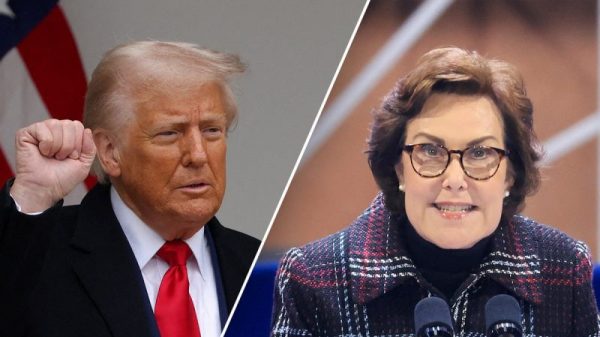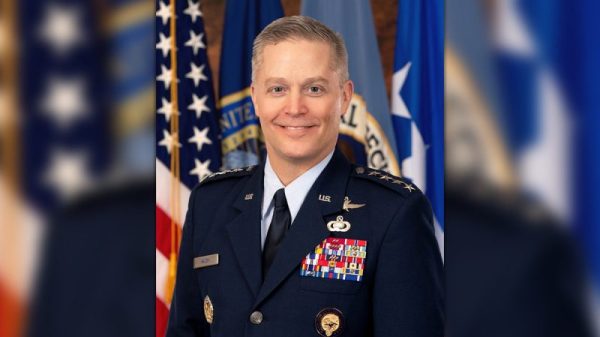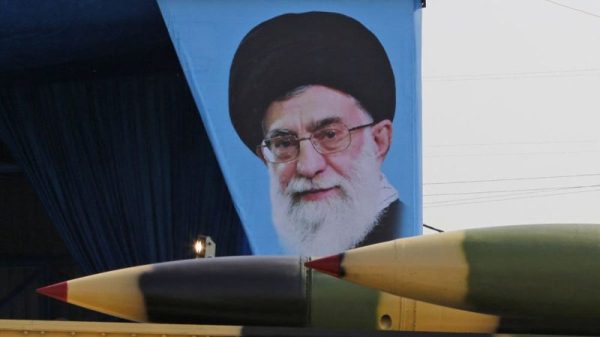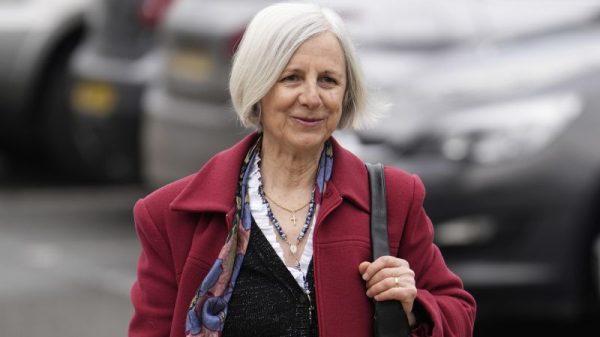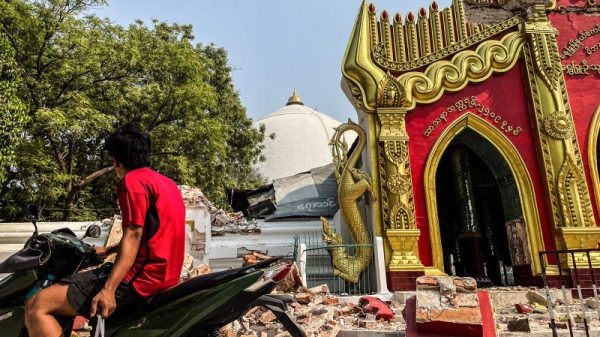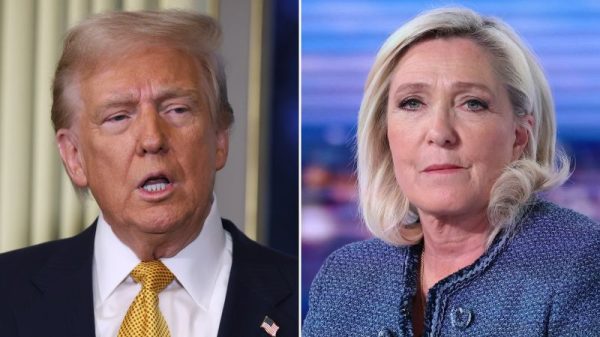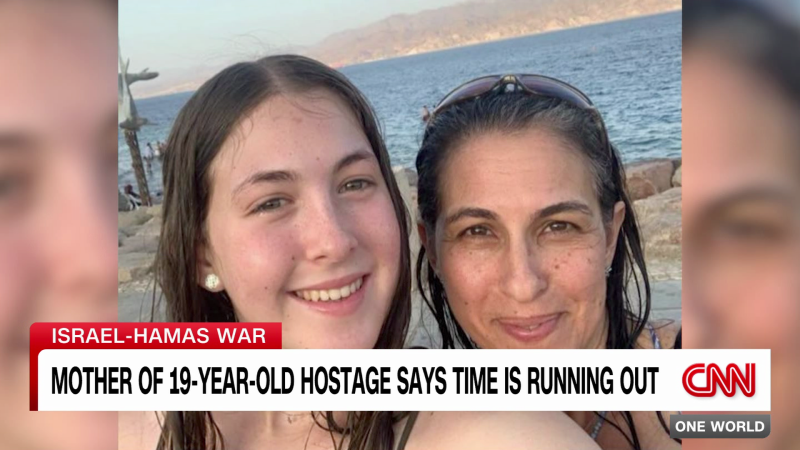It was one of the first, and most searing, viral videos to emerge as the October 7 attack unfolded. A cell phone video released by Hamas shows 19-year-old Naama Levy being dragged by her hair at gunpoint by a terrorist in Gaza. Her hands are bound, her ankles cut. Her pants are soaked in blood.
Her mother, Dr. Ayelet Levy Shachar, describes the video as “beyond upsetting” and says she “can’t watch it in continuity.” But she thinks it’s important for the world to see.
“This is what happened to my daughter. It’s a short film that totally does not represent anything about her except the cruelty of those moments and the moment where our lives just stopped and froze. And it’s been October 7th ever since.”
Despite the release of 110 hostages so far – most of whom have been women and children – Naama still remains in Hamas captivity.
Levy Shachar, a doctor for the Israeli women’s national soccer team, is desperately worried about her daughter going without the medical attention she needs. “She’s injured on her legs… The days are passing and every day that passes, it’s even harder.”
In a recent op-ed, Levy Shachar set out the reasons for her concern. “There’s a reason why women and children were prioritized first for release: younger women are at greater risk for further trauma. Just as women and girls are more vulnerable to more forms of violence, they are also more vulnerable to suffering from infections and pregnancy from sexual violence. The longer Naama is held in captivity, the more violence she is subjected to, the more likely she will suffer the consequences of lifelong post-traumatic stress.”
Levy Shachar feels let down by the initial lack of acknowledgement and condemnation from international bodies and womens’ groups, like the UN and UN Women, of the sexual assaults and violence committed by Hamas on October 7, despite mounting evidence. It took nearly two months for the UN secretary-general to issue a statement on X, calling the accounts of sexual violence abhorrent acts of terror that must be investigated, followed two days later by a condemnation from UN Women.
This week Levy Shachar traveled to New York to meet with international officials and try to pressure women’s rights organizations like UN Women to do more to secure her daughter’s release. She says she wishes she could stay home in Israel, a 13-hour flight away, and wait for her daughter to come home. But action is required now.
“I want to just stay home and by the door and by the phone, and wait for that call and open the door and go out and get her. That’s all I want,” says Levy Shachar. “I don’t want to travel anywhere. But I’m doing it because I think the United States has the most power here and I want to influence whoever I can.”
Right before she left home last Friday came the stunning announcement from the Israel Defense Forces (IDF) that three hostages had been shot and killed by its soldiers. “I was shocked,” she says, drawing a deep breath. “The fear that I feel all the time just got worse at that point. It broke my heart.”
With war still raging, Levy Shachar pleads for her daughter to finally be brought home. And she wants the world to know Naama is much more than the young woman in that horrific video from October 7.
“Naama is young. She’s 19, but she’s done quite a lot. She’s a very fun-loving girl, but very serious, determined. She was a part of a Hands of Peace program (a non-profit peace initiative for Israeli and Palestinian youth). Really – a peace seeker.
“When she comes back, she will make the world a better place.”
Clarification: This story has been updated to clarify details of Levy Shachar’s meetings with officials in New York.



